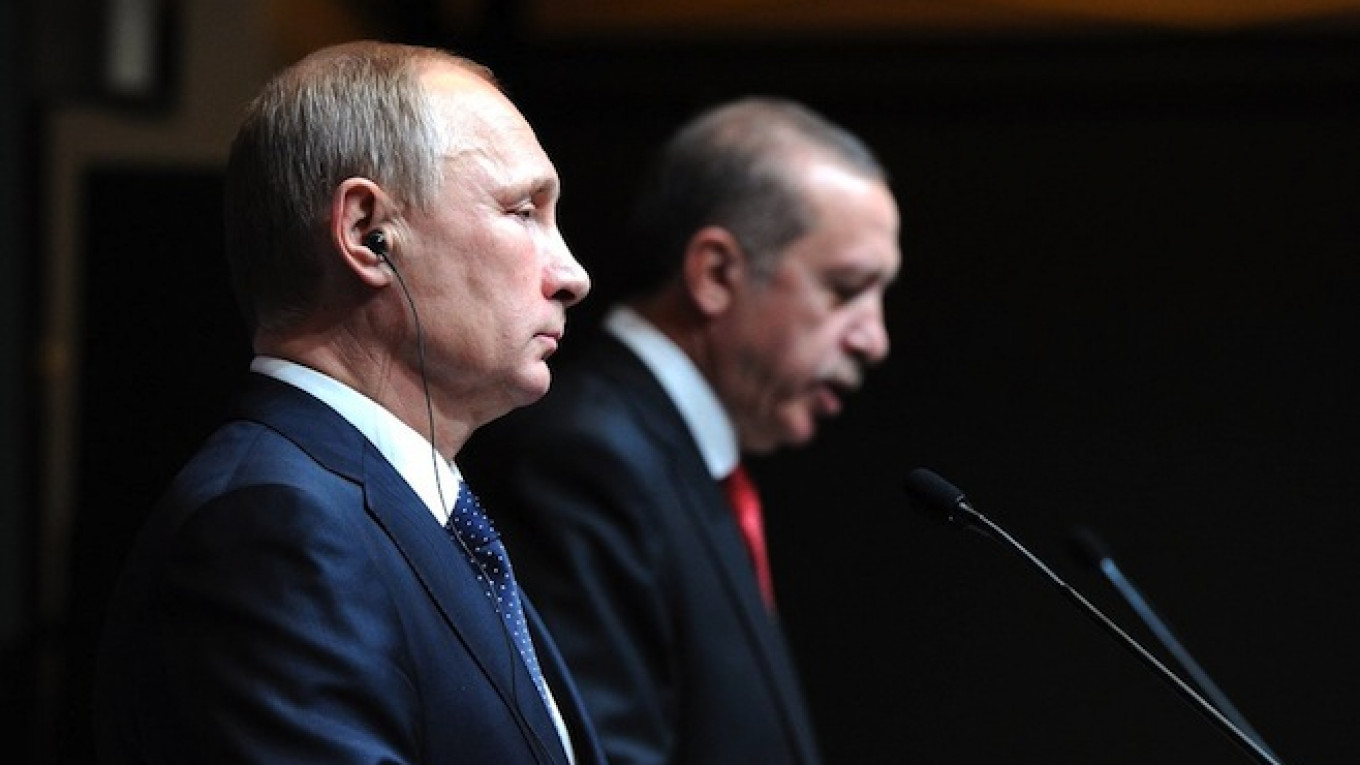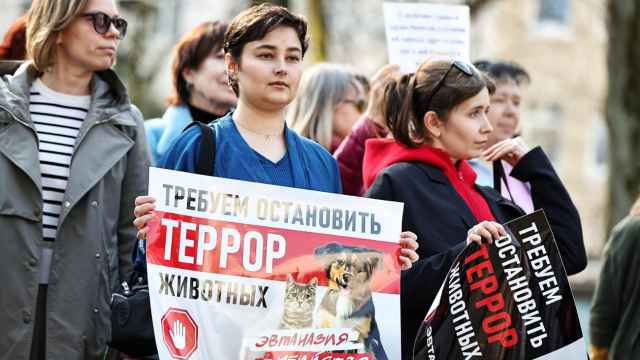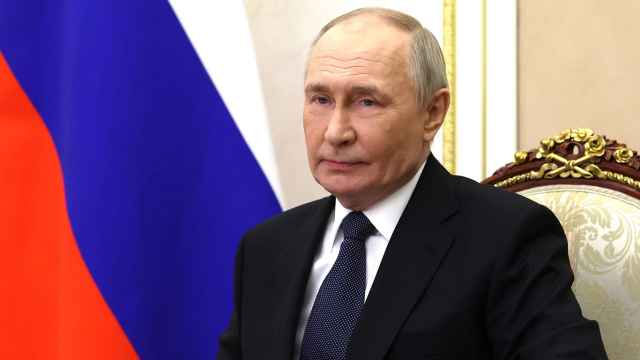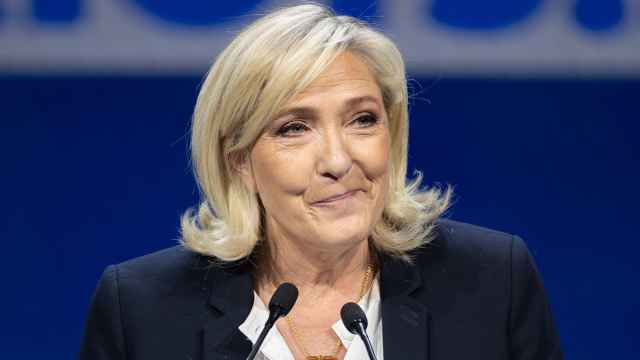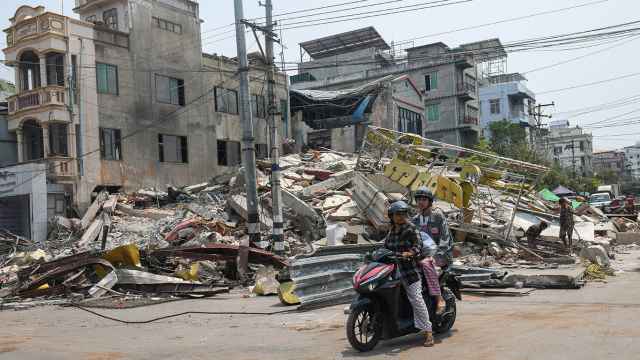Russian President Vladimir Putin and his Turkish counterpart Recep Erdogan spoke on the phone for 45 minutes in what media sources are describing as a “productive” and “positive” conversation, Reuters reported on Wednesday.
The phone call marked the first contact between the two leaders since Turkey shot down a Russian jet on the border with Syria in November 2015.
President Erdogan sent a letter of apology to the Kremlin on Monday after an eight-month standoff between the two countries, paving the way for talks with Putin.
The presidents used the phone call to stress their commitment to the collective fight against terrorism and agreed to meet face-to-face in the near future, the RBC news outlet reported.
Plans to restore ties between the two countries, including normalizing travel and trade relations have been set in motion, the Interfax news agency reported.
The two leaders agreed that their respective foreign ministers will meet on July 1 in Sochi at a Black Sea Economic Cooperation conference. They are to discuss resuming collaborations between the two nations as well as more topical issues such as Syria.
The English translation of Erdogan’s on the Kremlin's official website drew media attention after the original translation was changed. The letter originally read: “I once again express my sympathy and profound condolences to the family of the Russian pilot who was killed and I apologise to them.”
The current version has been amended slightly, reading, “I once again express my sympathy and profound condolences to the family of the Russian pilot who was killed and I am saying: excuse us.”
The Russian version of the text has not been changed.
A Message from The Moscow Times:
Dear readers,
We are facing unprecedented challenges. Russia's Prosecutor General's Office has designated The Moscow Times as an "undesirable" organization, criminalizing our work and putting our staff at risk of prosecution. This follows our earlier unjust labeling as a "foreign agent."
These actions are direct attempts to silence independent journalism in Russia. The authorities claim our work "discredits the decisions of the Russian leadership." We see things differently: we strive to provide accurate, unbiased reporting on Russia.
We, the journalists of The Moscow Times, refuse to be silenced. But to continue our work, we need your help.
Your support, no matter how small, makes a world of difference. If you can, please support us monthly starting from just $2. It's quick to set up, and every contribution makes a significant impact.
By supporting The Moscow Times, you're defending open, independent journalism in the face of repression. Thank you for standing with us.
Remind me later.


